UN warns Ethiopia ‘descending into widening civil war’
The United Nations has warned that a year-long conflict in Ethiopia’s Tigray region has reached “disastrous” proportions and the African country is in danger of descending into a wider civil war.
Addressing the Security Council on Monday, UN political and peace-building affairs chief Rosemary DiCarlo said that “the risk of Ethiopia plunging into a widening civil war is only too real.”
She said that the political repercussions of “intensifying violence in the wider region would be immense, compounding the many crises besetting the Horn of Africa.”
DiCarlo further said over seven million people needed humanitarian assistance in northern Ethiopia alone, with an estimated 400,000 people in Tigray living in famine-like conditions.
The UN official emphasized that the ongoing complex conflict and unfolding crisis in Ethiopia could be spiraling out of control in the coming weeks.
“In a country of over 110 million people, over 90 different ethnic groups and 80 languages, no one can predict what continued fighting and insecurity will bring.”
Pointing to an unfolding humanitarian crisis in the region, she said it had been four months since the last big shipment of medicines and health supplies into Tigray.
Elsewhere in her remarks, DiCarlo appealed for an immediate cessation of hostilities.
The UN says the conflict in Tigray has involved alleged gang rapes, mass expulsions, deliberate starvation, and thousands of deaths.
A report by the Joint Office of the High Commissioner for Human Rights (OHCHR) and the Ethiopian Human Rights Commission into the conflict in Tigray released last week concluded that there were reasonable grounds to believe that all parties to the conflict had committed violations of international human rights, humanitarian, and refugee law.
Tigray has been the scene of conflict since November 2020, when Prime Minister Abiy Ahmed, the winner of the 2019 Nobel Peace Prize, sent troops there to topple Tigray People’s Liberation Front (TPLF) in response to attacks on army camps.The civil war has been intensifying recently.
The TPLF recently claimed that its forces were 325 kilometres from the capital. However, the government says the rebel group is exaggerating its gains, but it also has called on “all capable Ethiopians” to join the fight against rebels and stop them from pushing beyond the embattled region.
In a separate development on Monday, US Special Envoy Jeffrey Feltman, whose country is accused of stirring the conflict, visited the Ethiopian capital, Addis Ababa, as part of diplomatic efforts to end the conflict.
This came after thousands of people rallied in Addis Ababa to denounce the United States and support the government’s campaign against the rebellious forces who are threatening to march on the capital.
The protesters took to the streets of the capital on Sunday, expressing their firm support for Abiy. His government has faced criticism over the conflict, notably from the US, a longtime ally, with President Joe Biden signing an executive order allowing for sanctions against the warring parties if they fail to commit to a negotiated settlement.
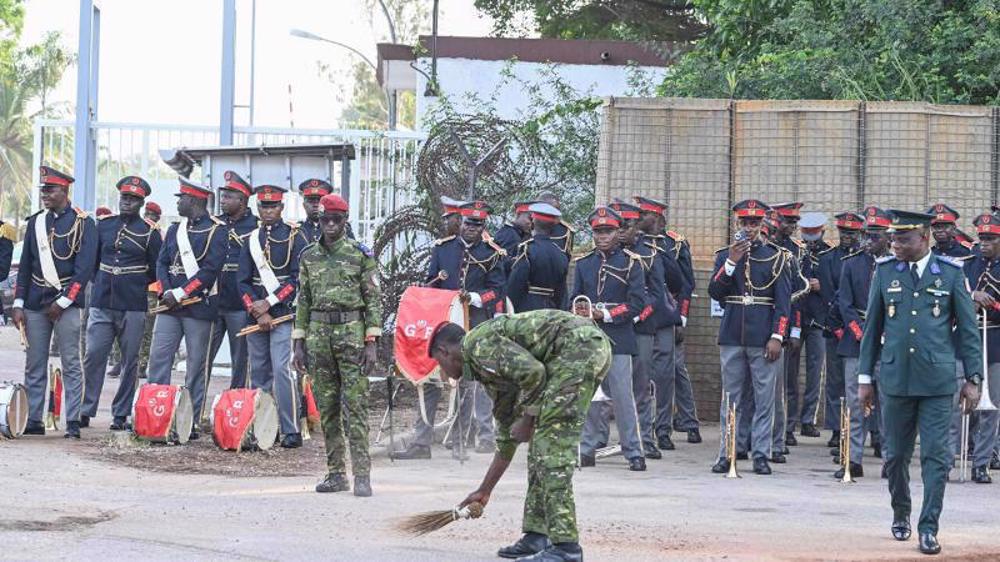
France hands back sole military base in Ivory Coast
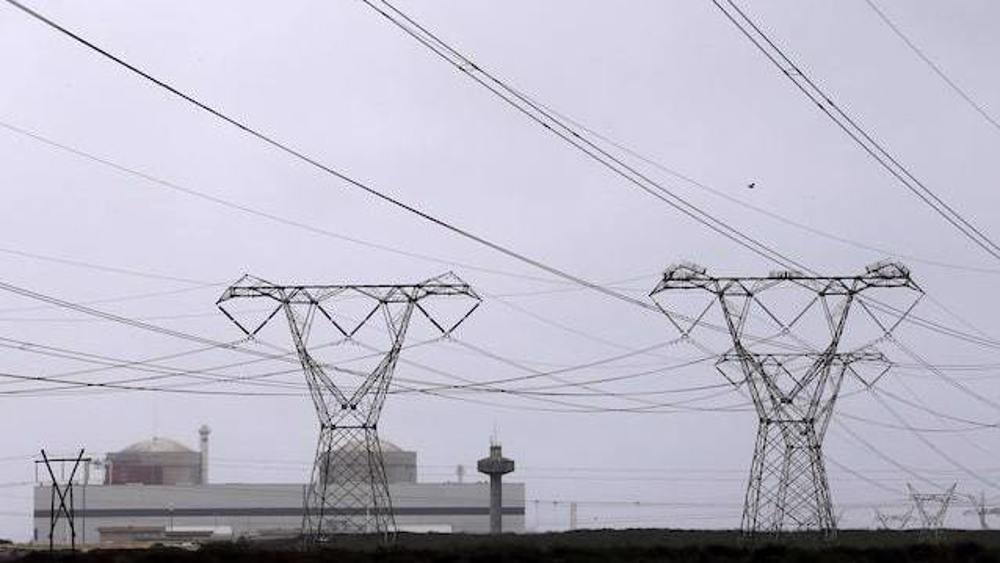
South Africa open to nuclear cooperation with Iran and Russia, despite US threats
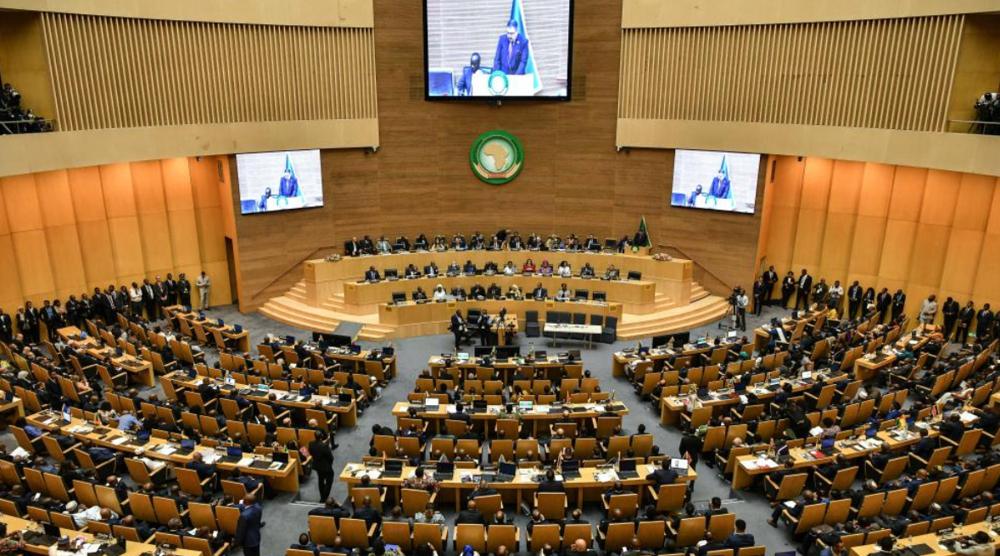
Hamas hails African leaders’ stance against Israeli war on Gaza
Netanyahu: Israel won't allow Hayat Tahrir al-Sham forces in southern Syria
Hezbollah leaders’ historic funeral showed resistance strength: Islamic Jihad
Iran reports surge in air traffic as Austrian, Lufthansa resume flights
VIDEO | South Africans set to lobby government to isolate Israel
IRGC chief: Nasrallah decisive figure in regional equations with global dimensions
VIDEO | Press TV's News Headlines
Netanyahu's son 'exiled abroad for hitting his father': Knesset member
Iran money supply up 28.4% y/y in late January: CBI


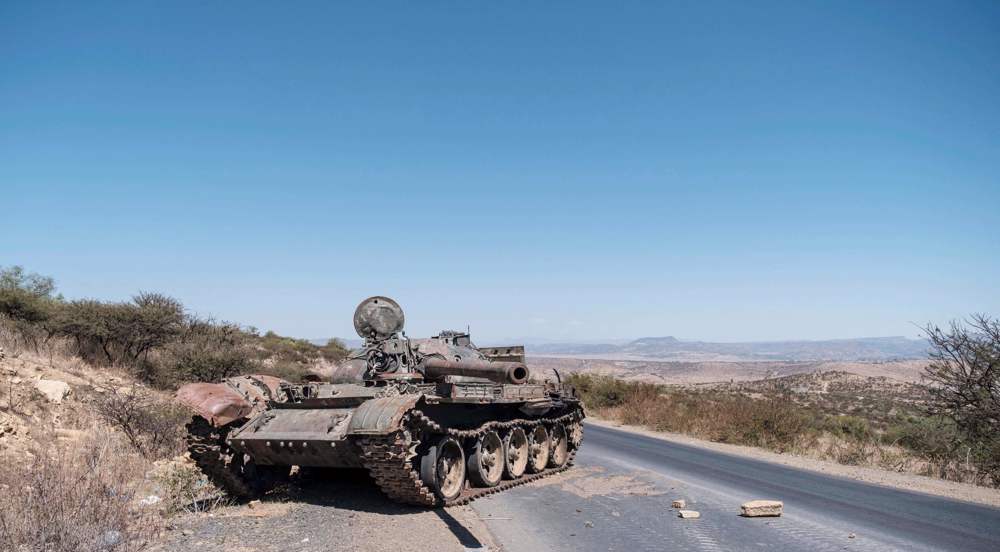
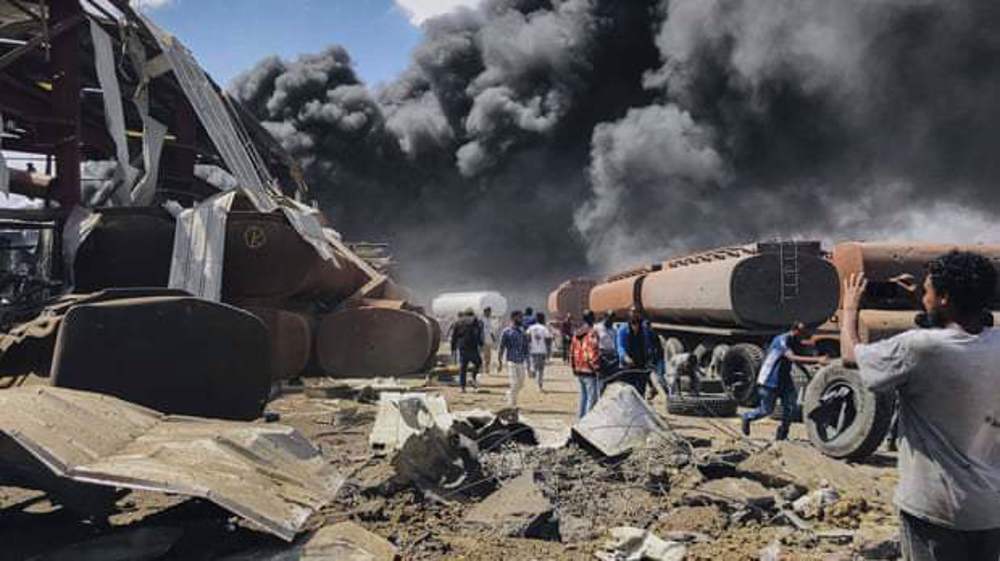
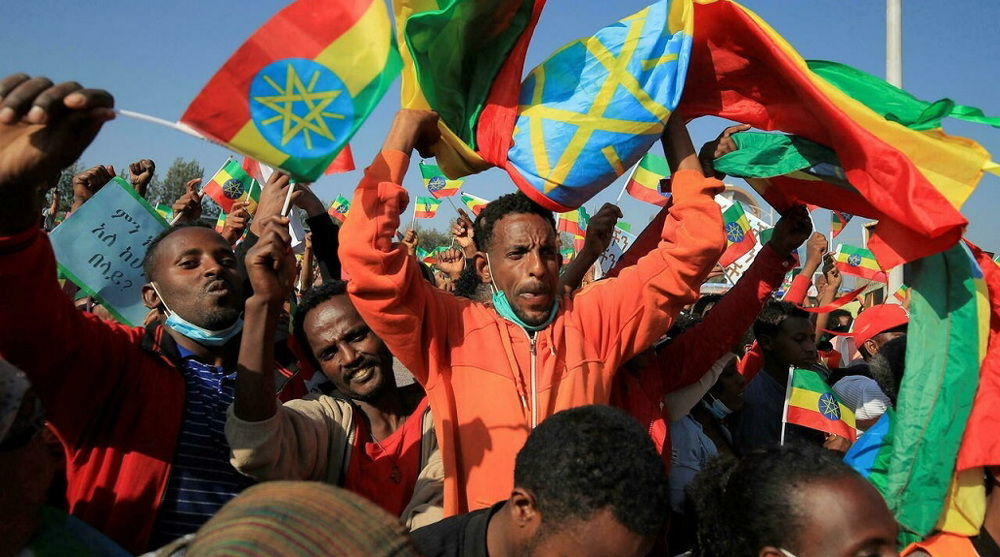



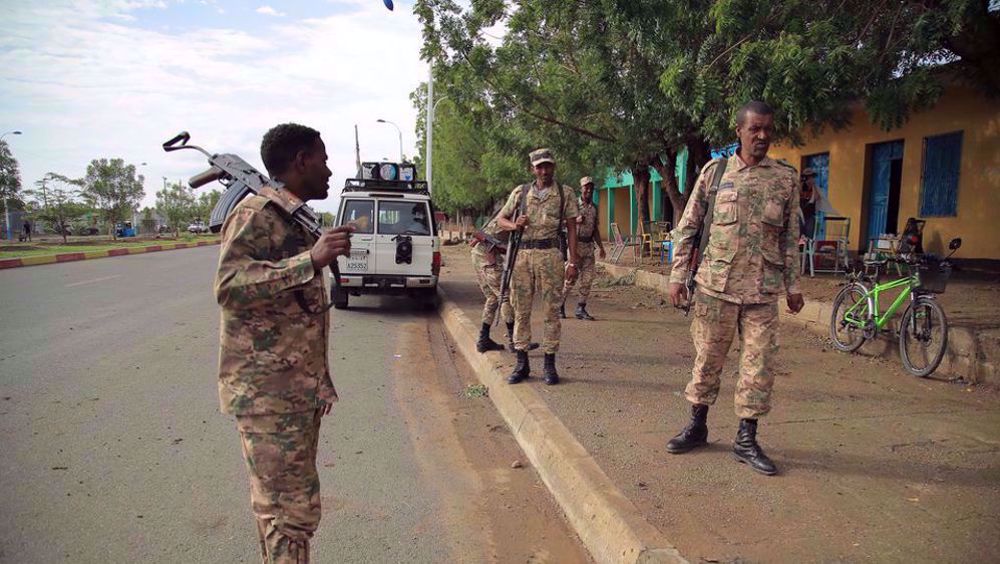
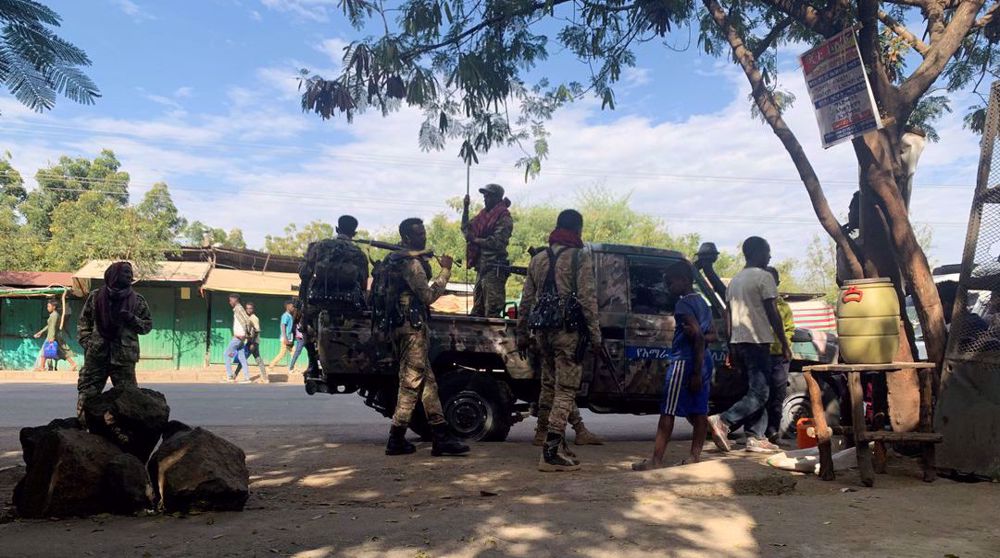
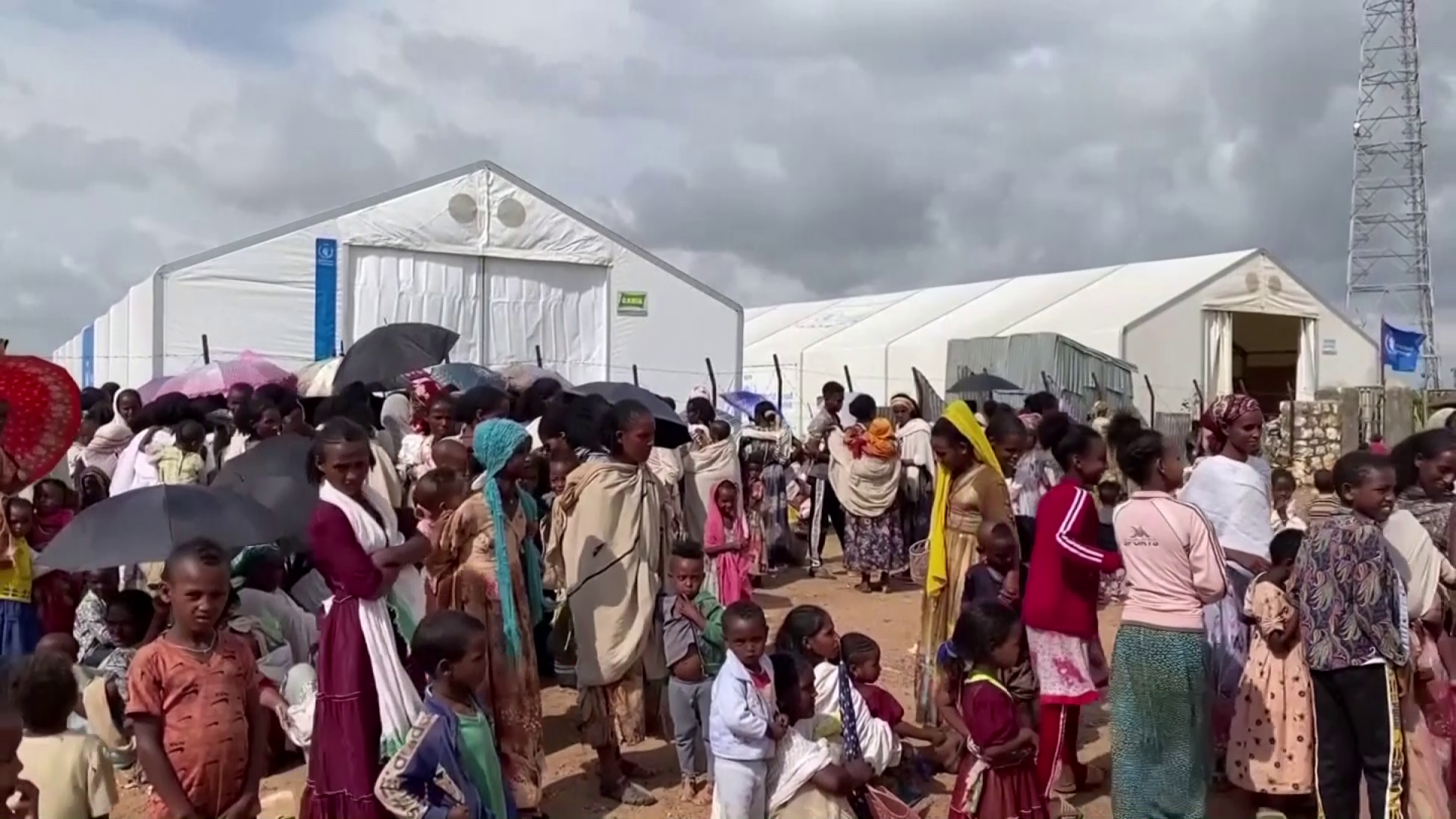
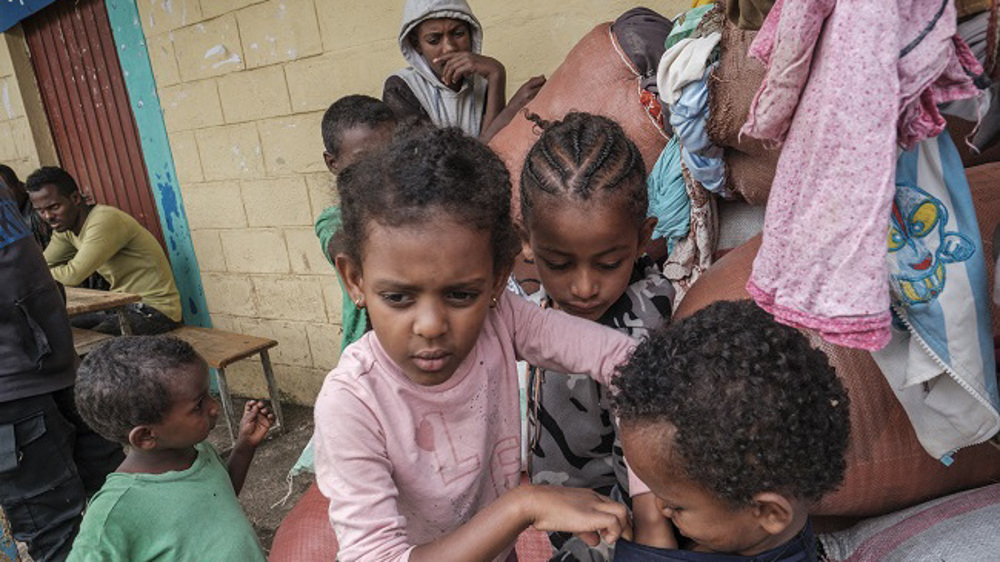
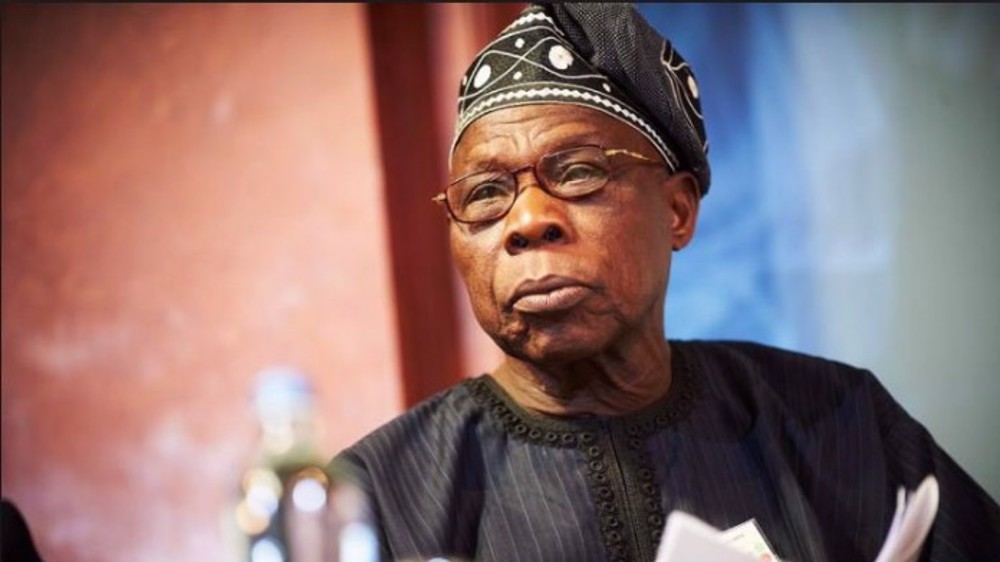
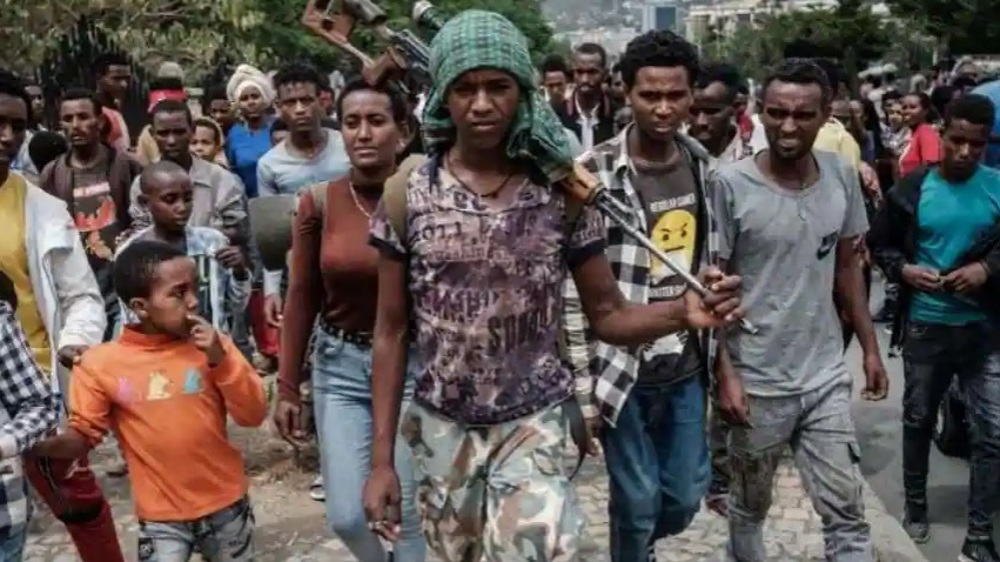

 This makes it easy to access the Press TV website
This makes it easy to access the Press TV website